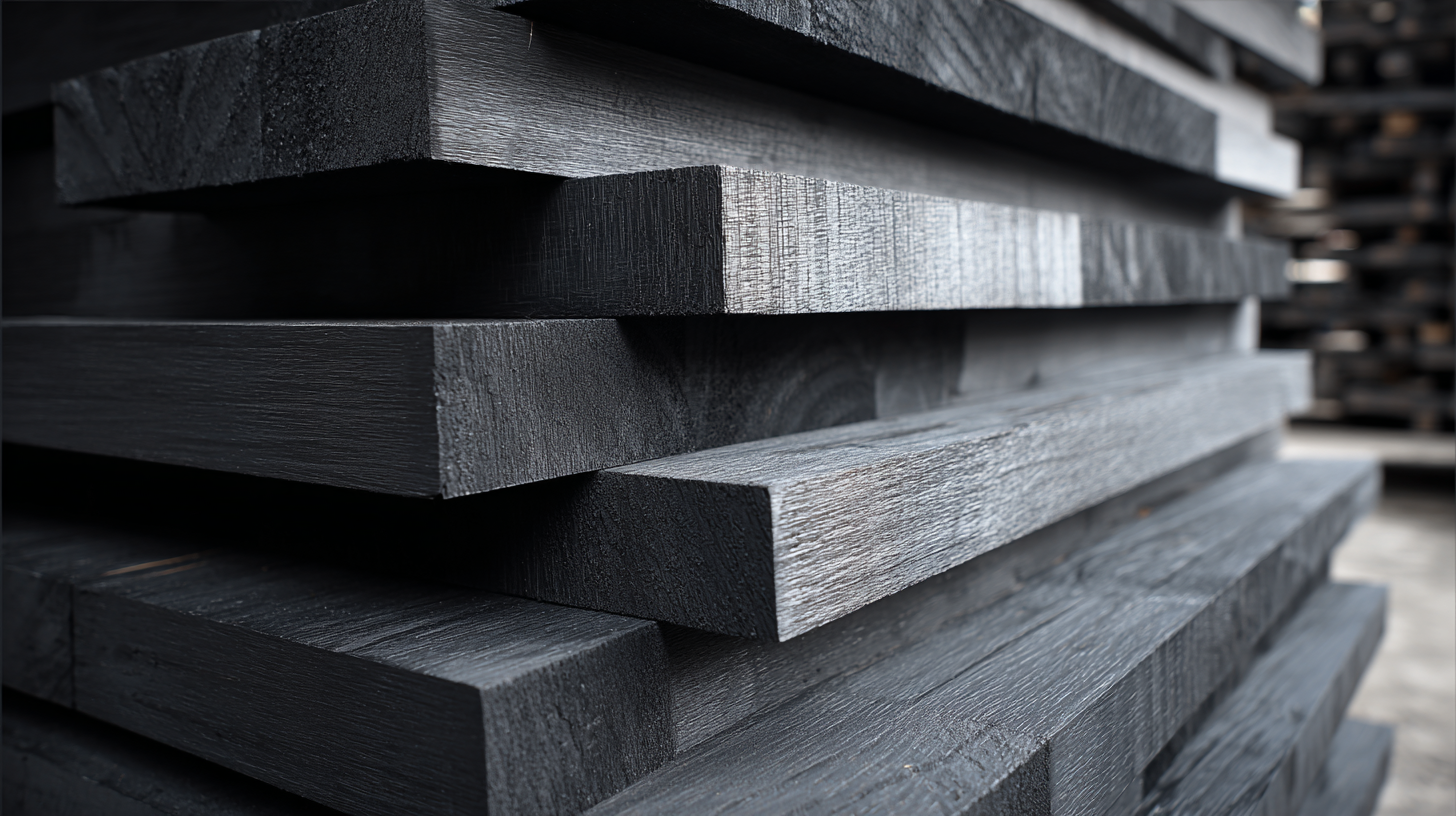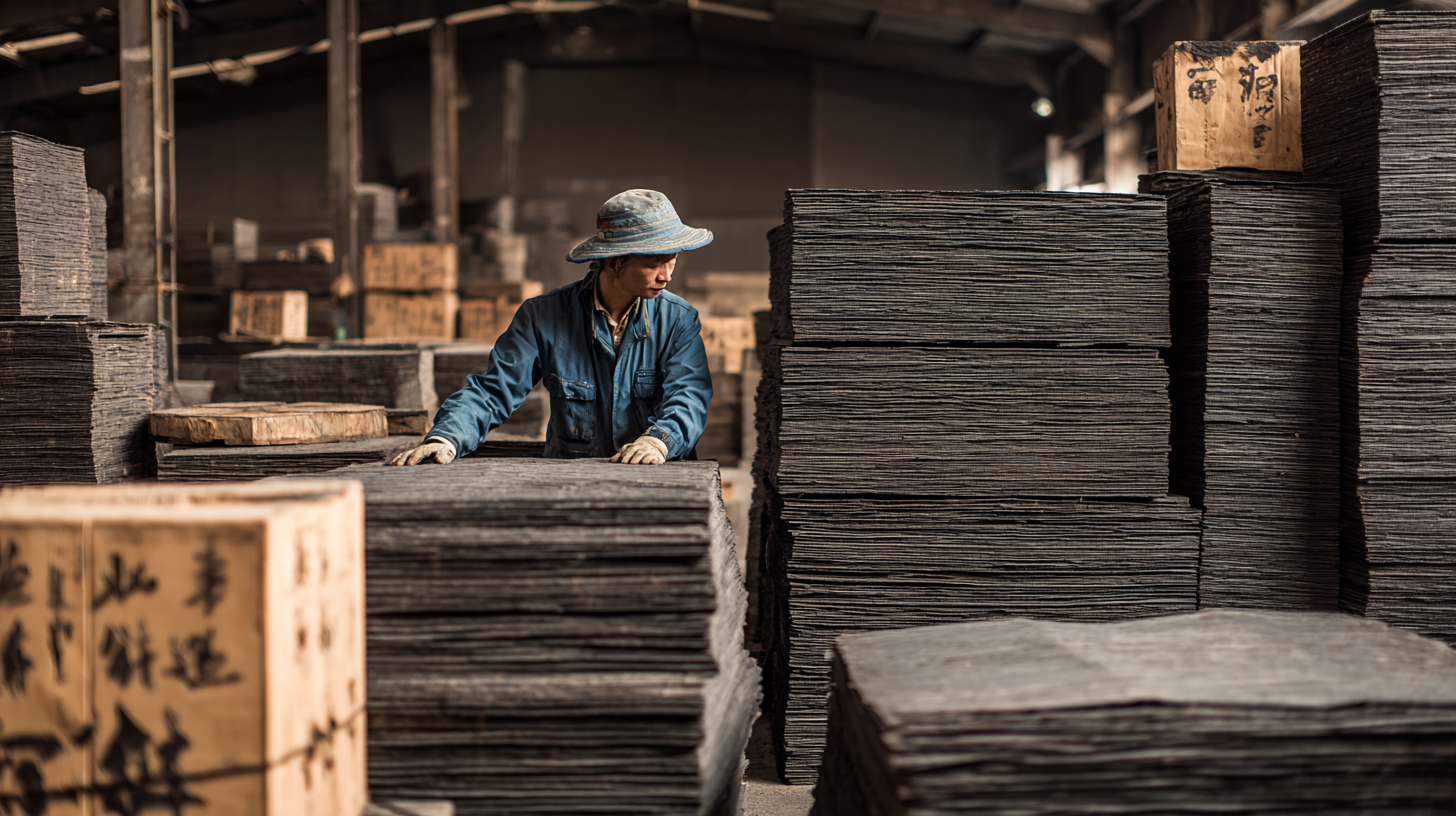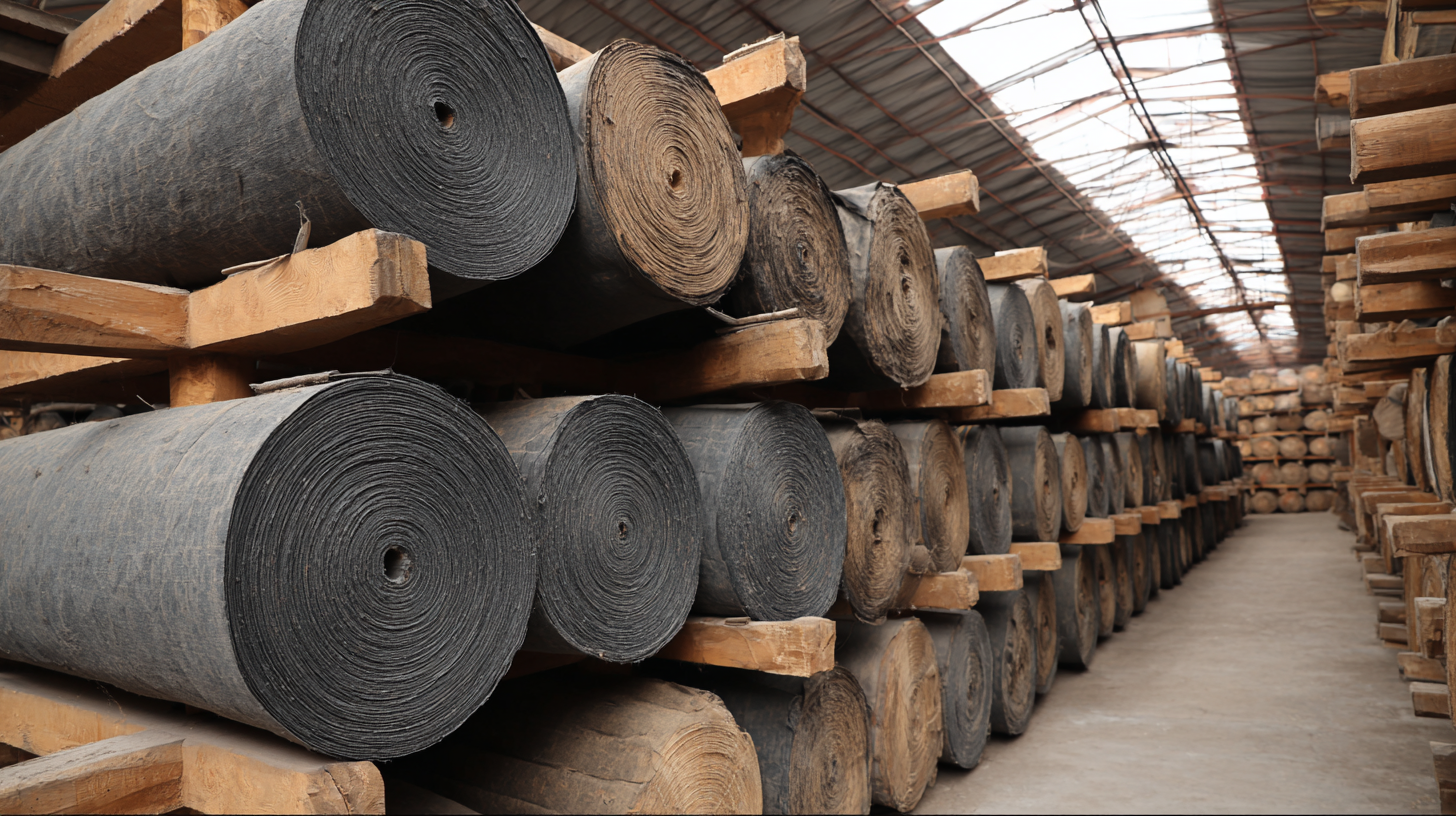
In today's competitive global market, the demand for high-quality Bamboo Charcoal Wood Veneer is on the rise, as consumers increasingly seek eco-friendly and sustainable building materials. This versatile product, known for its unique aesthetic appeal and natural properties, has garnered significant attention among manufacturers and exporters. However, successfully navigating the complex landscape of import and export certifications is essential for ensuring compliance and fostering business growth. Understanding the necessary regulations and certification processes not only facilitates smoother transactions but also enhances product credibility. As we delve into the intricacies of obtaining relevant certifications for Bamboo Charcoal Wood Veneer, we will explore the key requirements and best practices for manufacturers aiming to position themselves among the top exporters in the industry.

When engaging in the global market for bamboo charcoal wood veneer, navigating the intricacies of import and export certifications becomes crucial. Bamboo charcoal wood veneer has gained popularity not only for its aesthetic appeal but also for its sustainable qualities. According to a report from the International Bamboo and Rattan Organization (INBAR), the bamboo market is projected to grow at a CAGR of 5.7% from 2021 to 2026, highlighting the need for adherence to certification standards. Certification ensures that the products meet international safety, environmental, and quality benchmarks, fostering consumer trust and complying with local regulations.
**Tips for Exporters:** Ensure that you have obtained the required certifications, such as FSC (Forest Stewardship Council) and ISO (International Organization for Standardization) certifications, as these are often prerequisites in many markets. Conduct thorough research on the importing country's regulations to avoid potential delays and additional paperwork.
In addition, being aware of specific certifications related to bamboo, such as the Organic Certification, can further enhance the marketability of your product. As noted by the World Bank, products certified as organic can command prices up to 30% higher than their conventional counterparts, providing a significant incentive for compliance. Establishing strong relationships with certification bodies can streamline the process, making it easier to maintain compliance and bolster your export capabilities.
| Certification Type | Description | Applicable Regions | Validity Duration | Renewal Process |
|---|---|---|---|---|
| FSC Certification | Ensures that products come from responsibly managed forests. | Global | 5 years | Annual audit required. |
| CE Marking | Indicates conformity with health, safety, and environmental protection standards. | European Union | N/A | Self-declaration by manufacturers. |
| CARB Compliance | Complies with California Air Resources Board standards for formaldehyde emissions. | United States | Varies by level of compliance | Testing required every two years. |
| ISO 14001 | Specify criteria for an effective environmental management system. | Global | 3 years | Recertification audit required every three years. |
| PEFC Certification | Promotes sustainably managed forests and responsible sourcing. | Global | 5 years | Annual surveillance audit required. |
After-sales service plays a crucial role in enhancing customer satisfaction, particularly in the competitive market of bamboo charcoal wood veneer. Once the product has been purchased and delivered, customers often seek reassurance about their investment. Effective after-sales support, including responsiveness to inquiries, timely maintenance, and a clear return policy, builds trust and encourages repeat business. In this niche market, where the quality and authenticity of bamboo products can vary widely, robust after-sales service can be the differentiating factor that establishes a brand's reputation.
Moreover, after-sales service also provides valuable feedback channels that can inform future product development. By actively engaging with customers, businesses can gather insights on their preferences and challenges, allowing them to refine their offerings. This customer-centric approach not only enhances satisfaction but also cultivates long-term loyalty. A strong after-sales service ecosystem can turn a one-time buyer into a lifelong customer, thereby positioning a brand for sustained success in the global marketplace of bamboo charcoal wood veneer.
This chart illustrates the importance level of various factors in navigating the import and export certifications for bamboo charcoal wood veneer in global markets. The focus is on quality control, shipping compliance, environmental certifications, customer feedback, and after-sales support.
In today's competitive marketplace, understanding consumer preferences and the associated maintenance costs is crucial for businesses, particularly those dealing in products like bamboo charcoal wood veneer. According to recent analyses, the global market for various consumer goods demonstrates significant growth trends that could influence how consumers allocate their spending. For instance, the vending machine market is projected to grow from $11.47 billion in 2025 to $36.89 billion by 2032, reflecting a compound annual growth rate (CAGR) of 18.2%. This expansion suggests an increasing demand for efficient, low-maintenance products, as consumers often prioritize convenience and long-term savings.
Moreover, the stone veneer market in the United States indicates a similar trajectory, with an increase from $675.7 million in 2023 to over $974.2 million by 2032. This steady growth signals that consumers are likely to choose materials that not only enhance aesthetics but also offer lower maintenance costs over time. Businesses that supply bamboo charcoal wood veneer can capitalize on this trend by emphasizing the durability and ease of maintenance associated with their products. By focusing on these attributes, they can better align their offerings with consumer expectations and drive sales in an evolving market.
As global markets increasingly prioritize sustainability, the bamboo charcoal wood veneer industry is undergoing a significant transformation. The shift towards eco-friendly materials drives demand for bamboo products, which are not only renewable but also possess unique properties such as moisture resistance and natural pest repellence. This trend is attracting attention from both consumers and manufacturers alike, leading to innovations in product design and functionality that align with environmentally conscious values.
Looking ahead, the bamboo charcoal wood veneer market is poised for growth as more companies adopt sustainable practices and seek certifications to meet international standards. Importers and exporters will need to navigate a complex web of regulations to ensure compliance while capitalizing on the rising consumer interest in sustainable materials. With advancements in production techniques, the cost and availability of bamboo products are likely to improve, further expanding their appeal in global markets. This evolution is not just about meeting present demands; it represents a foundational shift towards a more sustainable future in the woodworking industry.

Navigating the complex landscape of global market regulations and compliance is crucial for businesses looking to export or import bamboo charcoal wood veneer. The first step in this journey is understanding the specific certifications required in your target market. Each country has distinct standards that govern products, especially those related to sustainable materials. Engaging with local regulatory bodies and industry associations can provide valuable insights into necessary certifications, ensuring your product meets safety and environmental criteria.

Another effective strategy is staying informed about changing regulations and trade agreements that may impact your business. Regularly reviewing update bulletins from trade organizations or subscribing to industry newsletters can keep you ahead of potential compliance challenges. Additionally, collaborating with logistics and legal experts who specialize in import-export regulations can facilitate smoother transactions and reduce the risk of costly penalties. By adopting these proactive measures, businesses can smoothly navigate the compliance landscape and successfully position their bamboo charcoal wood veneer in the global marketplace.
